How to Reduce Your Jet Ownership Costs
Whether you are traveling for business or personal leisure, owning a private jet can be one of the best investments you can make when you love to travel in luxury. If you’re unsure if owning a jet is right for you or if you’re looking to lower the overall expenses of your jet, there are several ways you can lessen your ownership costs and even make a profit. For example, many jet owners charter their jet when they are not using it or turn to an aircraft management service.
If you’re interested in reducing your jet ownership costs, here is a look at the differences between fixed and variable costs and some ways you can reduce those expenses.
Fixed vs. Variable Costs of Jet Ownership
You can divide jet ownership costs between variable costs and fixed costs. Variable costs are defined as expenses that are subject to change, while fixed costs stay the same over a specific period. By knowing the differences between these types of costs, you can better plan for the future and manage your overall expenses.
What Are the Fixed Costs of Owning a Private Jet?
When you own a jet, you’ll have a few costs you know will stay the same over time. These costs can vary based on the jet’s size and type, but once you’ve agreed to the terms, these costs won’t be subject to change. Some of the fixed costs of owning a private jet include:
- Capitalization costs: Your capitalization costs relate to the amount of money you have to pay to purchase or lease the aircraft, including the interest related to it.
- Insurance costs: If you own a jet, you also have to purchase insurance to legally fly it. Your insurance expenses, such as liability and hull coverage, will come at a fixed rate.
- Hangar: When you’re not using your jet, you’ll store it in a hangar. This hangar space will come at a fixed fee per month.
- Management fee: Many private jet owners will hire a management team to handle various administrative services, such as accounting, record keeping, aircraft scheduling, maintenance coordination, and Federal Aviation Administration (FAA) compliance monitoring, among other tasks. These services will come with a set fee from the management company.
- Flight crew: Your jet needs a crew to fly it, and you’ll have fixed costs related to hiring a company to screen and interview flight crew candidates. A hiring or management company will also conduct a background check on candidates before presenting them to you. Along with paying for the screening and hiring process, you’ll also have fixed expenses that account for a crew’s salaries, benefits, uniforms, drug testing, and communications.
- Flight crew training: You may also have expenses from continuously training crew members. These training costs are fixed, as training is conducted annually. Flight crew training ensures your pilots are as well-trained as possible and updated on the latest aviation information.
What Are the Variable Costs of Owning a Private Jet?
In addition to the fixed costs of owning a private jet, there are also several variable expenses. These include:
- Parts and maintenance: Since you can’t account for every repair or replacement part your private jet will need, any expenses incurred from maintenance or parts fall under variable expenses. You can usually hire an aircraft management company to facilitate repairs and replacement costs.
- Fuel: The costs to fuel a private jet are some of the main variable expenses you’ll have to pay whenever you travel. The price per gallon can change based on market fluctuations and by the location where you’re buying fuel, with some jet owners choosing to negotiate an airport’s fuel price in advance to better plan for their coming trip’s expenses.
- Crew meals, travel, and hotels: Whenever you fly, you’ll need to cover the changing costs of your crew’s travel expenses, such as their lodging and meals.
- Landing and parking: Whenever your aircraft arrives at its destination, you’ll likely have to pay a parking and landing fee that varies based on the airport. Since airports can charge different fees, it’s a good idea to check the costs of landing fees in various airports before deciding on your route.
- Oil and other operating materials: Your aircraft may need materials like oil, nitrogen, aviator’s oxygen, methanol, and TKS fluid for maintenance and proper operation. Since you can’t always predict when you’ll need these items, they’re considered to be variable costs.
- Cleaning and upkeep: You can schedule regular cleanings, but your costs can vary at times due to the location of the cleaning service or the need for more in-depth cleanings. Depending on how often you use the aircraft, you may have to pay for more cleaning services to ensure your aircraft is sanitized and always looks its best.
- Catering: Whenever you order catering for your flight, you’ll pay for the costs of it, with the expense varying based on the cater’s pricing and the type of options they provide.
Using Charter Revenue to Reduce Aircraft Ownership Costs
With all of the fixed and variable costs related to jet ownership, you may want to reduce your ownership expenses. Many jet owners offset their annual operating costs through charter revenue. When you allow others to charter your jet, they’ll essentially rent your jet for a particular period and pay you whatever price you set. By chartering your jet, you can reduce your fixed costs significantly, such as your capitalization expenses, and even make a profit over time.
To charter your jet to other private flyers, you’ll need to define your scope of operation under the FAA’s 135 Air Carrier certificate. Applying for this certificate and having it approved will allow you to charter your jet to other flyers.
Below are some of the primary factors that influence the amount of revenue you can gain if you decide to use your jet for charter flights:
- Age of aircraft: Newer aircraft tend to be more in demand than older aircraft. Due to the higher market demand for newer aircraft, a more recent model can often attract more flyers and increase your revenue as a result. Additionally, newer aircraft typically don’t have as many maintenance needs, resulting in lower variable costs for your jet.
- Fixed and operation costs: Different aircraft come with different fixed and operational costs. These expenses can vary based on your jet’s make and model, with some aircraft featuring higher margins between their direct operating costs and the charter rate. Selecting an aircraft with fewer expenses related to private jet operating costs, such as fuel burn, maintenance, and engine expenses, can help you raise the profit you make per chartered flight.
- Human capital: When you charter your flights, you can offset the costs of hiring pilots and crews for your personal flights. Instead of hiring individual crews per flight, you can end up hiring a two-person pilot team for around 350 hours a year. If you don’t plan to fly 350 hours on your own, chartering can help you reduce your human capital costs per flight by ensuring you get full use out of your crew and avoiding hiring new crews every flight.
- Engine reserves: Typically, engine companies attribute engine reserves to hourly expenses, with many engine companies requiring jet owners to pay for a minimum annual dollar threshold. Even if you don’t fly enough to meet this annual dollar threshold, you’ll still have to pay for it. If you charter your jet, you can more easily meet this minimum and reduce your annual fixed costs as a result.
Should You Select an Aircraft Management Service When Chartering Your Aircraft?
Private jet owners can hire an aircraft management service to handle the chartering of their aircraft. When you hire an aircraft management service, you add your jet to a licensed charter fleet. Since an aircraft manager knows how to optimize your chartering services, you can raise your private jet chartering profits.
An aircraft management service partner will also often have the expertise and industry connections required to help you save on parts, maintenance, fuel, fleet insurance, and hangars. They’ll manage your flight crews and ensure they’re trained appropriately as well.
Aircraft management services can also manage the charter revenue process, reaching out to potential flyers and adding charters that work for your schedule. A great aircraft management partner will have accounting services available that track how much your charter revenue is offsetting your annual costs, too.
Overall, an aircraft management service can reduce costs, increase revenue, and take much of the responsibility of managing your aircraft off your hands.
Other Options to Save on Jet Ownership
In addition to using chartering revenue and an aircraft management service to lower your cost of jet ownership, you can also find a few other ways to reduce your overall expenses:
- Co-ownership: One way to lower your costs is to co-own your jet with at least one other person. By co-owning your jet, you save at least half of your money on fixed costs and the initial purchase price. Keep in mind that you’ll have to iron out terms with any of the other co-owners under this model.
- Fractional ownership: Through a fractional ownership program, a buyer can purchase shares in a jet. The size of the share you buy translates to the number of hours you can use the jet, helping you get the private jet experience without paying the full costs of ownership. Fractional ownership can be great for buyers who know they’ll only use a jet somewhere between 500 and 400 hours each year.
- Cooperative ownership: Similiar to fractional ownership, a cooperative ownership agreement involves a cooperative owner buying a jet and then selling shares of the aircraft to one or more other flyers. Instead of having a fractional ownership program handle the management of the aircraft, the cooperative owner will be responsible for it. If you’re a cooperative owner, you can make money on your jet by charging members for shares, and you receive more control over the terms of the jet’s use compared to a co-ownership or fractional ownership model.
- Leaseback agreements: In a leaseback agreement, you allow another organization to lease your aircraft from you. Leasing a private jet to others is often a good choice if you don’t fly your aircraft a lot and want to save money on your operating costs. If you choose this route, make sure the organization leasing your jet has terms that work for you.
- Pick an affordable fixed-based operator (FBO): When you own a jet, choosing the right FBO can help you save costs as well. Since an FBO can handle your fueling, maintenance, parking, tie-down, and storage costs, finding the right FBO can help you keep expenses down. Some FBOs offer significant discounts if you sign up to use many of their services.
Should You Own or Charter a Private Jet?
If you’re deciding between owning a private jet or chartering it, the biggest consideration you’ll want to take into account is how often you plan to fly. If you’re not flying more than 200 hours, the costs of owning, operating, and maintaining a private may be too great to justify owning a jet outright. If you only plan to fly occasionally, a private jet charter can be a more financially savvy option, as you get all the luxury of private flying without the costs of owning the aircraft.
However, even if you plan to only fly occasionally, purchasing a private jet can still be a good choice. With all of the options you have to split costs and make revenue off a private jet, it can be an excellent investment opportunity. By chartering the flight to others, you can reduce your overall costs of owning the jet and potentially make a profit.
You might also want to consider the entry costs of purchasing a jet. A newer and more capable jet can come with higher costs that may not make sense for your needs. If you don’t want to pay for entry costs, then chartering a private jet is a great choice.
Buy a Private Jet or Book a Charter Flight With Latitude 33 Aviation Today
At Latitude 33 Aviation, we’re dedicated to helping our clients find the right private flying experience for their needs. We regularly charter flights for our clients, delivering a stress-free, luxurious flying experience.
We also have jet acquisition and jet brokerage services if you’re interested in purchasing an aircraft. If you already own a private jet, our aircraft management services can assist you with various administrative services and help you offset costs via charter revenue.
Take a moment to review our jet acquisition services today. If you’re interested in chartering a flight or have any questions, you can request a quote or contact us directly.


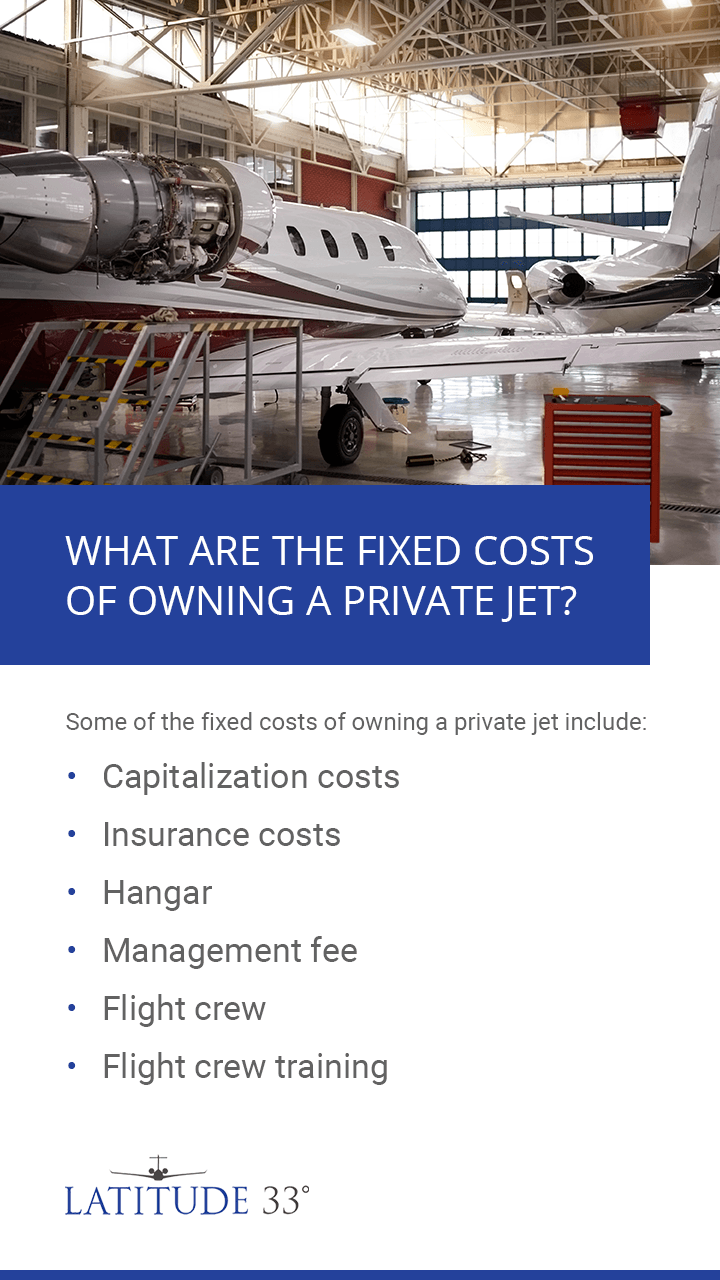
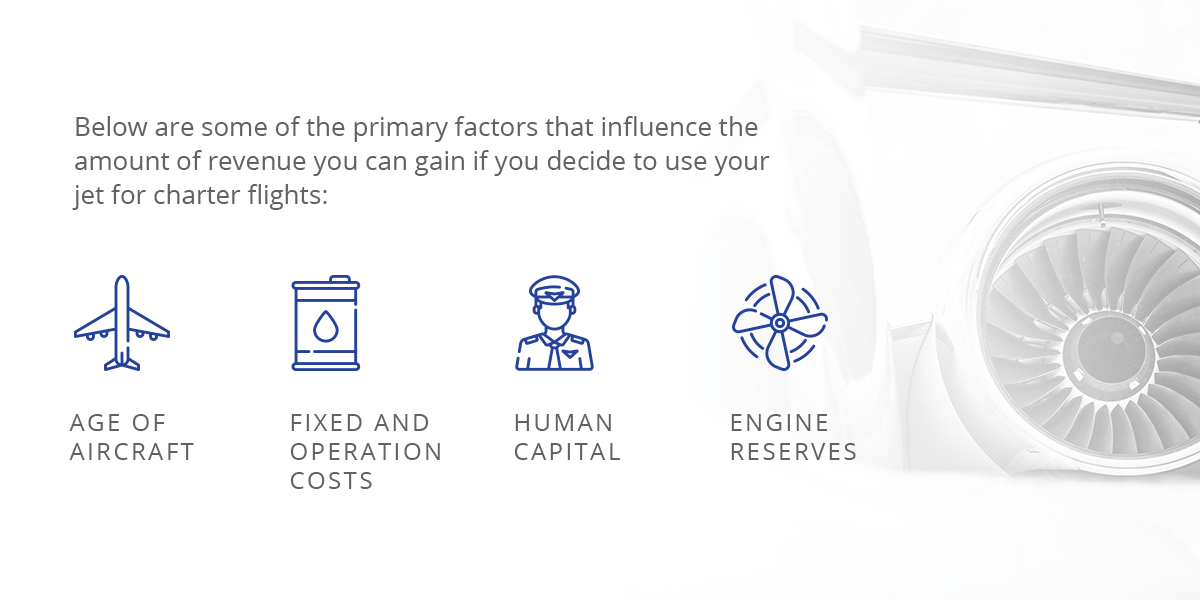
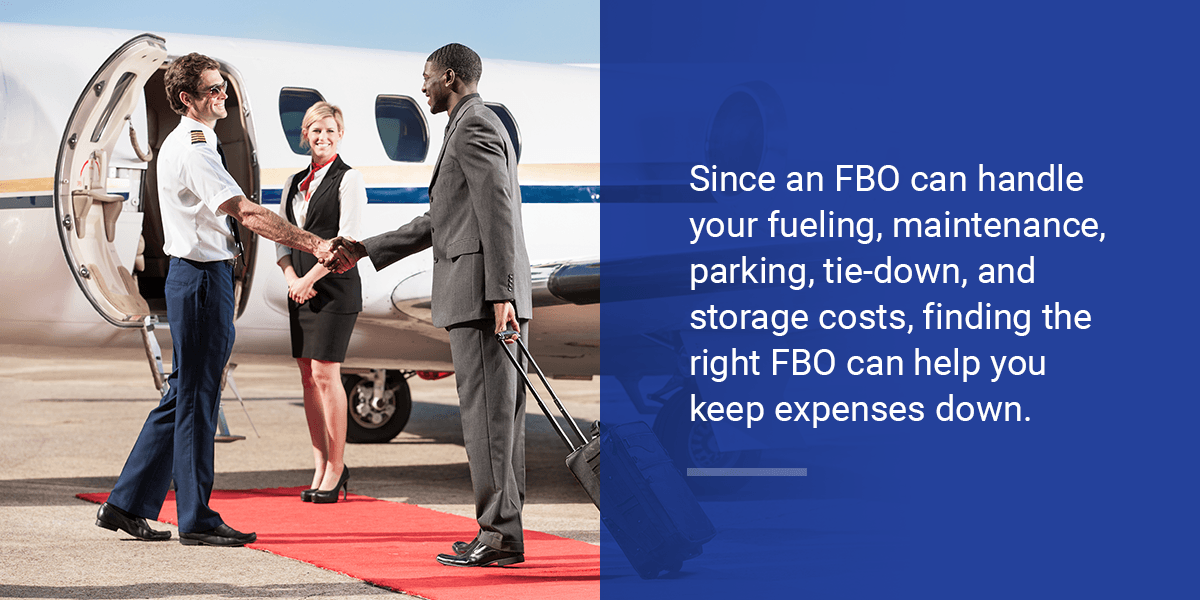
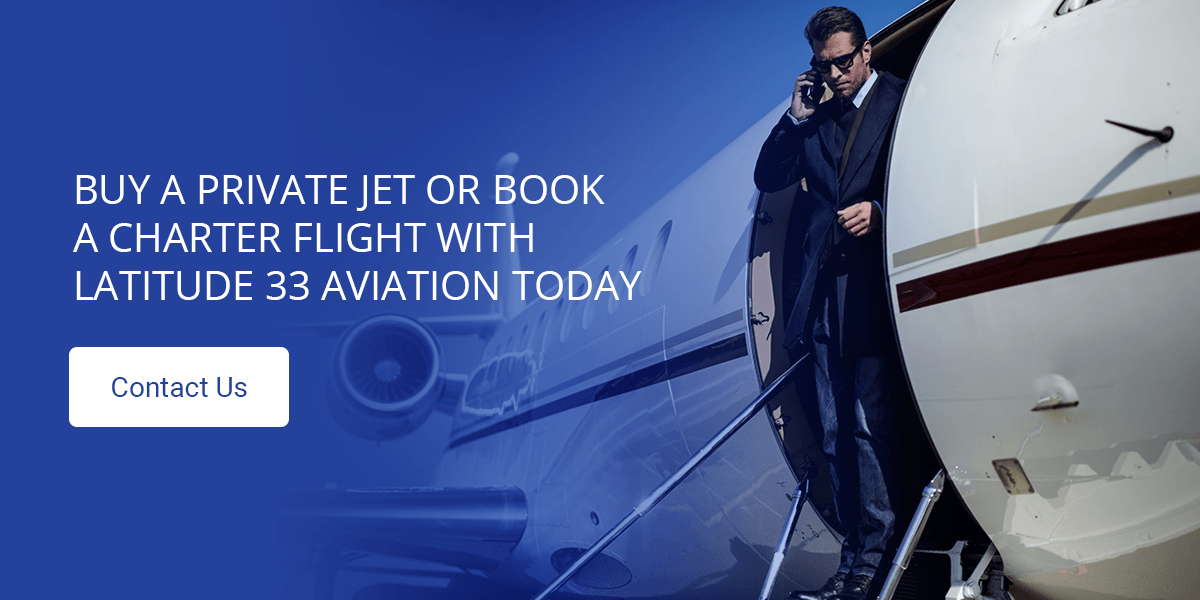
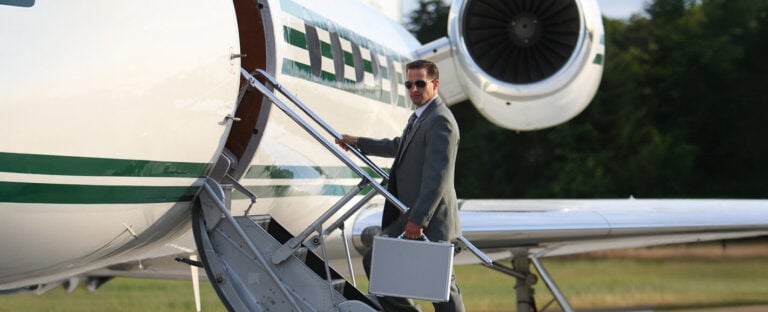

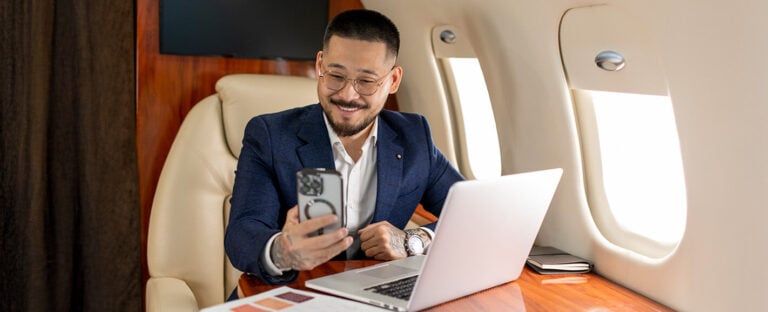
Comments are closed.